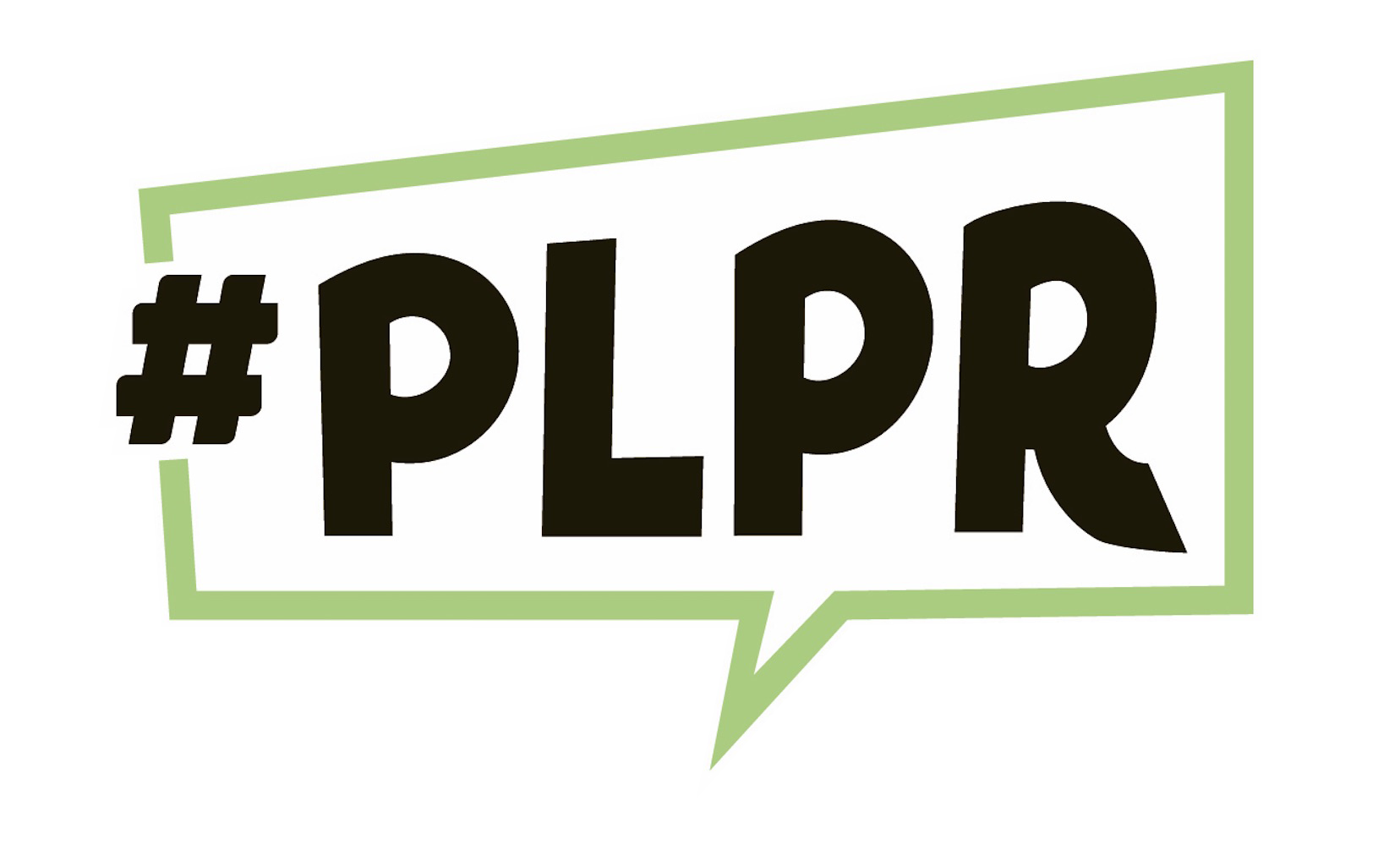Que Significa
I thought it’d be cooler, here,
in late June, but all night I’m kicking off the sheets
and pulling them back over my body in the stillness
of my room, until I remember, suddenly
those summers as a boy, lying in the twin bed
with you. That was before the highway, when
one needed to drive up and down the mountains
to get from one side of the island to the other, and
Salinas, where the fishing nets hung to dry
in branches along the shore and we swam
in a clearing among the mangroves or rocked
in a hammock behind the house where my mother and
your father were born, still seemed untouched
by “America.” Sometimes, at the bakery, or with
the woman who sold lottery tickets outside
the restaurant, or as the men drove us in the back
of their trucks past the sugarcane fields, not understanding
a word or turn of phrase, a joke someone made,
I’d ask, Que significa, but it was already
over or too hard to explain, you’d say. I grew
homesick for English. One summer, at the movies,
you cried so hard, it scared me, the screen lighting your wet face.
One summer, sprawled out on the floor in front
of the TV in our bathing suits, we began
to wrestle, laughing until our hands, then our mouths
moved across our bodies, driven by a force we let
guide us. Then someone stopped, and we lay
in the sunlit room breathing hard. Someone must have
gotten up and walked away. Someone must have made
small talk until we could pretend it never happened.
Quiero verte, you said on the phone
years later both of us now with children
of our own. And when I made it back one day
to the island, I drove to your house, knocking on
the large door at the agreed upon time,
but no one answered. The flamboyant trees
were in bloom, their bright red blossoms scattered on
the street, and it didn’t take long to get back
to my hotel, but I got lost. I’d never been
to that part of the city and so much had changed.
Falconer, Blas. "Que Significa." Georgia Review, spring 2022, thegeorgiareview.com/posts/que-significa-impressionism-reconciliation-back-then-meant/.
Rights: Blas FalconerQué significa (trad.)
Pensé que estaría más fresco aquí
a finales de junio, pero toda la noche me he desarropado a patadas
y he quitado las sábanas de mi cuerpo en la quietud
de mi cuarto, hasta que de momento recuerdo
aquellos veranos de mi infancia, acostado contigo en la cama
twin. Esto fue antes de la autopista, cuando
había que conducir subiendo y bajando por la montaña
para llegar de un lado de la isla al otro, y
Salinas, donde las redes de pesca se cuelgan a secar
en las ramas por todo el litoral y donde nadábamos
en un claro de manglar o nos columpiábamos
en una hamaca tras la casa en la que nacieron mi madre y
tu padre, aún parecía como si la mano de “America” nunca
lo hubiese tocado. A veces, en la panadería, o junto con
la mujer que vendía boletos frente al
restaurante, o mientras los hombres nos daban pon
en la parte trasera de los camiones, más allá de los cañaverales,
no entendía una palabra, juego del lenguaje o una broma
yo preguntaba Qué significa, pero ya el momento
había pasado o era muy difícil de explicar, me decías. Incluso, llegué
a añorar el inglés. Uno de esos veranos, en el cine, lloraste tanto
que me asustaste y la pantalla iluminaba tu rostro humedecido.
Un verano, tendidos sobre el piso, frente
a la TV, en nuestros trajes de baño, empezamos
a jugar de manos, riéndonos hasta que los dedos,
después las bocas, se fueron moviendo por nuestros cuerpos.
Una fuerza las arrastraba y dejamos que ella nos guiara.
Entonces alguien se detuvo y yacimos en el cuarto
alumbrado por el sol, jadeando. Alguien debió haberse
parado y alejado. Alguien debió haber empezado a hablar de
asuntos triviales hasta que pretendimos que nada había ocurrido.
Quiero verte, dijiste por teléfono
años después cuando ya ambos teníamos
hijos. Y cuando un día logré regresar
a la isla, conduje hasta tu casa, tocando
la puerta grande, en el tiempo acordado,
pero nadie contestó. Los flamboyanes
estaban en flor, sus flores color rojo vivo dispersas sobre
la calle, y no tardé mucho en regresar al hotel, pero me extravié.
Nunca había visitado esa parte de la ciudad y todo había cambiado tanto.
Falconer, Blas. "Que Significa." Georgia Review, spring 2022, thegeorgiareview.com/posts/que-significa-impressionism-reconciliation-back-then-meant/.
Rights: Blas Falconer
